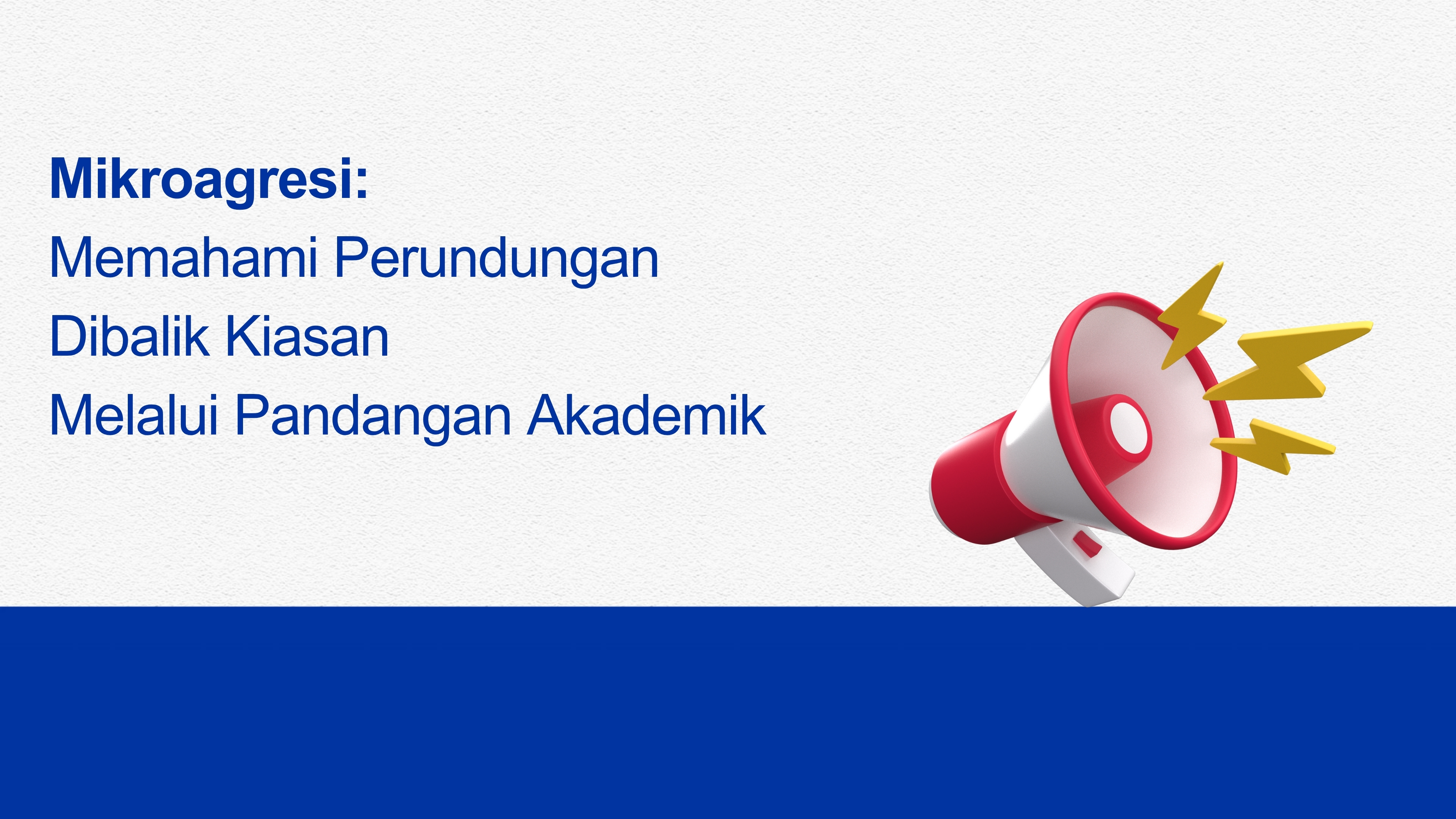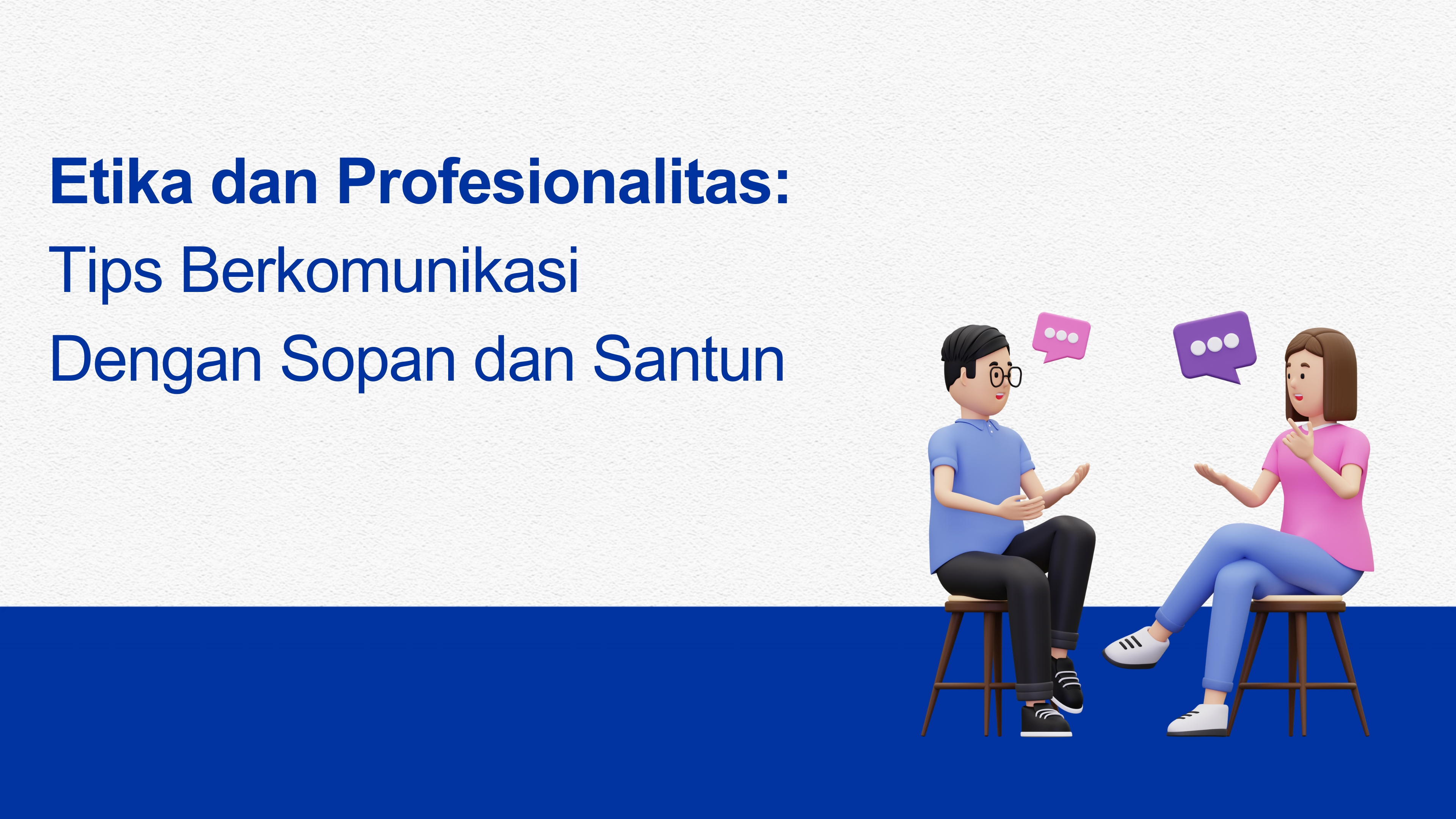The Diminishing Emancipation of Generation Z Book Literacy: A Phenomenon Analysis

Generation Z, a group of people born between 1997-2012, is a generation that is resilient in nurturing several skills in the era of the industrial world 4.0. Generation Z has talents in several things such as mastery of technology, tenacity in speaking persuasion-negotiation, and others. However, with many external factors such as work time demands and social needs, the majority of Generation Z is less interested in investing their time in reading books, especially non-fiction books.
Generation Z has decreased their interest in reading non-fiction books due to various factors related to technological developments and lifestyle changes. The presence of digital devices such as smartphones and tablets has shifted their attention from physical books to digital content that is easier to access and consume.
Generation Z's lack of time to digest the content of books is one of the reasons why they look for time-saving reading preferences. This is because some books are too deep or have complex chapters and sub-chapters that are considered time-consuming. Moreover, with the workaholic culture of Generation Z workers, they prefer to seek position and money over self-discovery and wisdom.
Another reason, which is a continuation of the workaholic culture, why Generation Z has changed its ways of reading non-electronic books, is the implementation of 'Crunch Culture'. According to one of the public studies conducted by igda.org, Crunch Culture is a work culture implemented by a company that requires workers to do overtime. With the existence of Crunch Culture, one's activity hours to do self-discovery activities such as through books or looking at art galleries will be cut.
In a study published by Evan Robinson, it was explained that worker productivity if forged with activities that take place with excessive pressure in a period of more than 40 hours in total, there will be a decrease in work productivity. This has a correlation with a decrease in cognitive functions that play a role in decision making and managing personal life, despite the existence of smooth work. This indirectly impacts on a decrease in reading emancipation because if someone reads knowledge outside of what is needed for work, it will be considered as potentially undermining work performance.
The concept of overtime can interfere with one's interest in reading books as time and energy that could have been used for reading is used to complete additional work. Long working hours often lead to physical and mental fatigue, so after a long day at work, one may feel too tired to open a book and focus on reading that requires concentration. In addition, limited free time due to overtime makes reading a lower priority than other relaxation activities that are considered quicker and easier to do, such as watching television or surfing social media. As a result, the habit of reading becomes marginalized and interest in reading decreases.
In addition, social media platforms and entertainment apps provide information and entertainment in a shorter and more engaging form, reducing their time and interest in reading longer and more in-depth books. The ease of access to videos, podcasts and short articles also contributes to the decline in interest in reading non-fiction books, as the same information can be obtained in ways that are considered more efficient and less boring to them.
Social media can indirectly cause the effects of manipulative psychological addiction, namely, Attention Deficit Disorder. Attention deficit disorder triggered by the use of social media can reduce Generation Z's interest in reading because these platforms encourage the consumption of quick and brief information, which contradicts the need for concentration and patience in reading books. This habit reduces Generation Z's ability and desire to engage in activities that require long-term focus, such as reading longer and more complex books. As a result, books, especially those that require in-depth understanding such as non-fiction, become less appealing to those who are used to the constant and instantaneous flow of information from social media.
Therefore, the concept of implementing self-care and self-boundary from social media, exposure to gadgets that break the focus on reading, and finding a work-life balance in order to achieve time to read books is a challenge for Generation Z, especially for the college students of UNDIRA who are dedicating their time for finishing thesis and researches. Book learning is a source that provides a focused learning method without distractions such as pop up advertisements or social media chats.
(Danang Respati Wicaksono / Humas UNDIRA)
Press Contact :
Biro Humas & Sekretariat Universitas Dian Nusantara
Facebook : www.facebook.com/undiraofficial
Instagram : www.instagram.com/undiraofficial
Twitter : www.twitter.com/undiraofficial
www.undira.ac.id

Campus Tanjung Duren
Jln. Tanjung Duren Barat II No. 1
Grogol, Jakarta Barat. 11470
Campus Green Ville
JIn. Mangga XIV No. 3
Campus Cibubur
Jln. Rawa Dolar 65
Jatiranggon Kec. Jatisampurna, Bekasi. 17432










